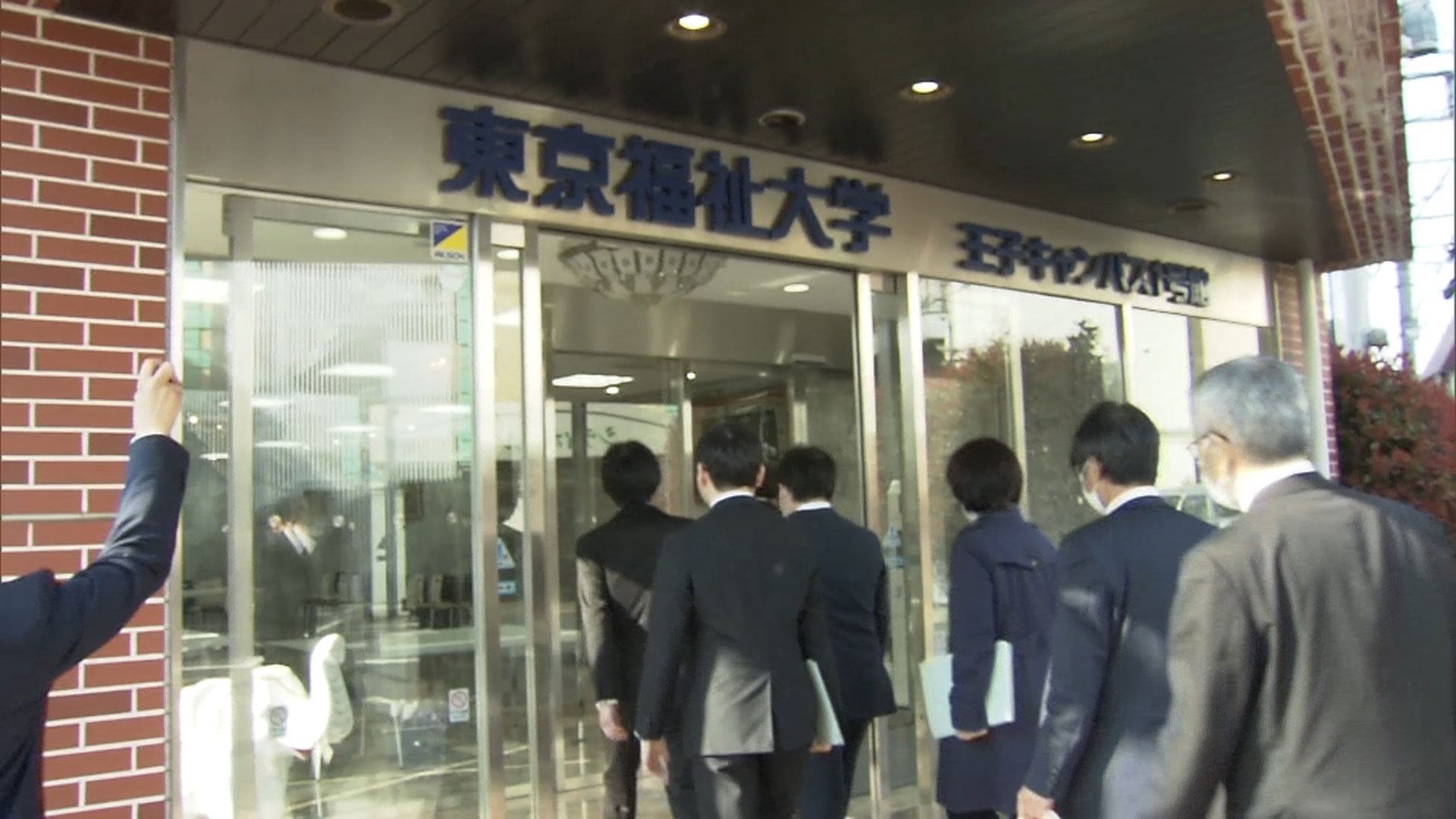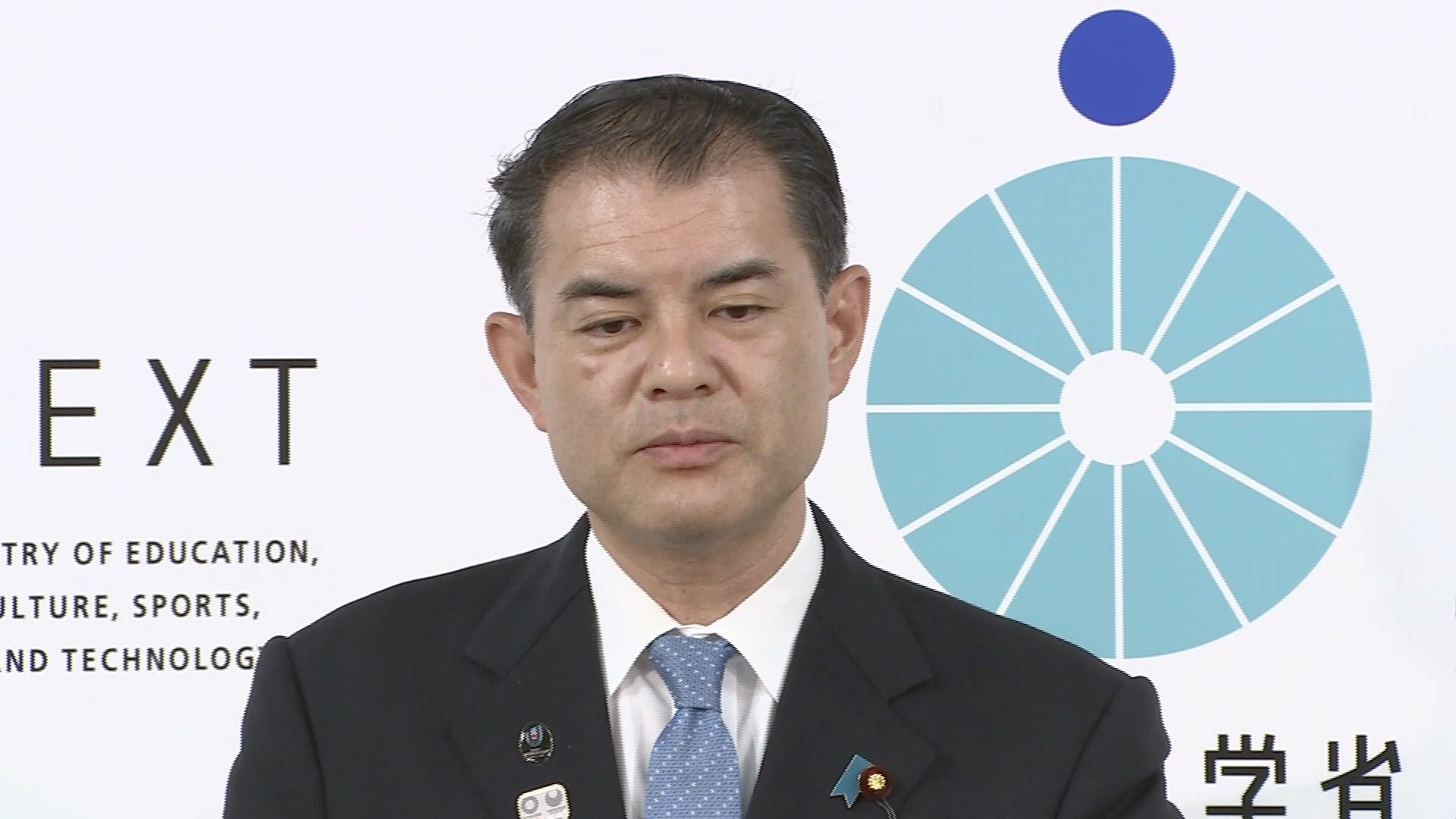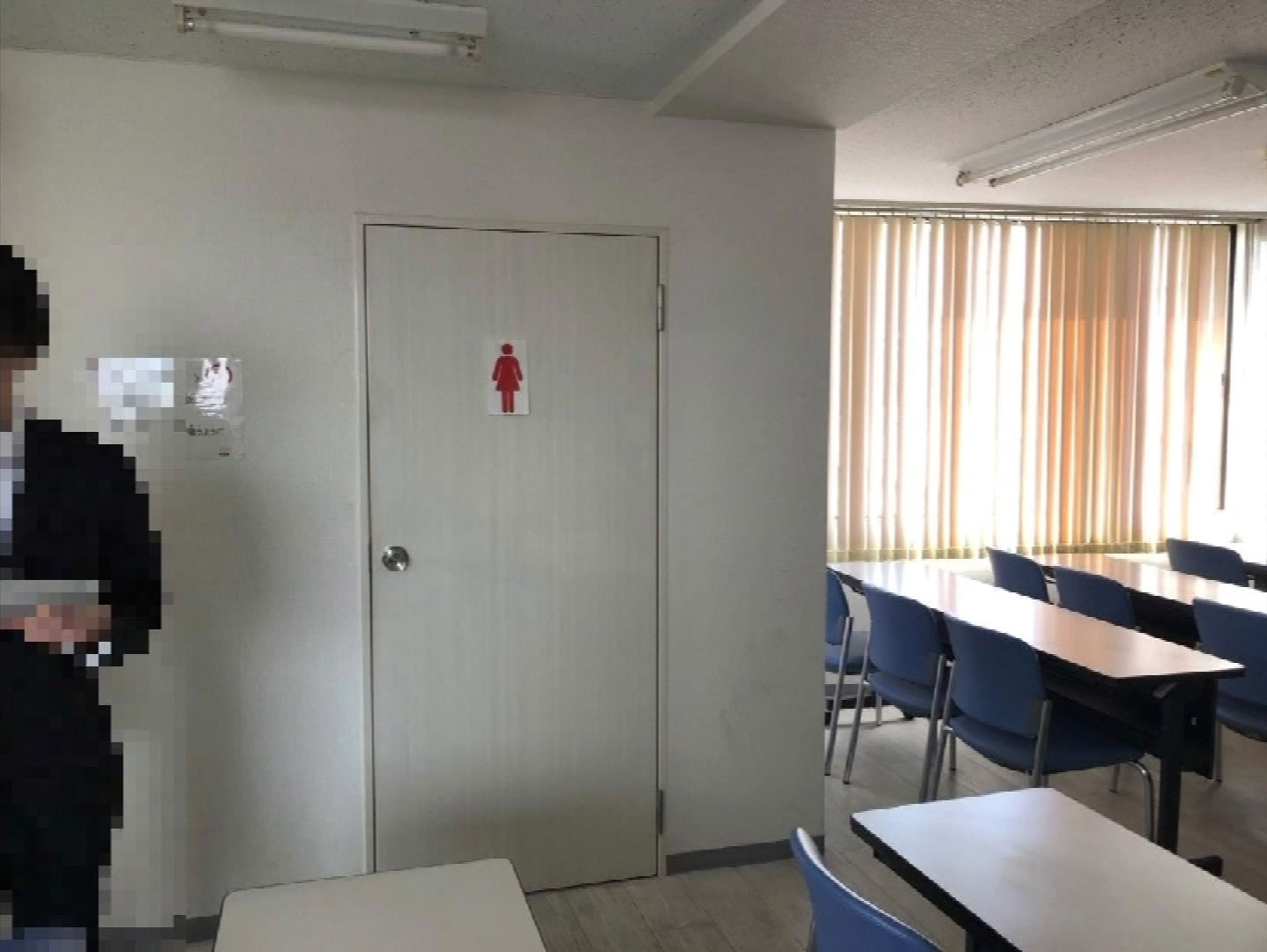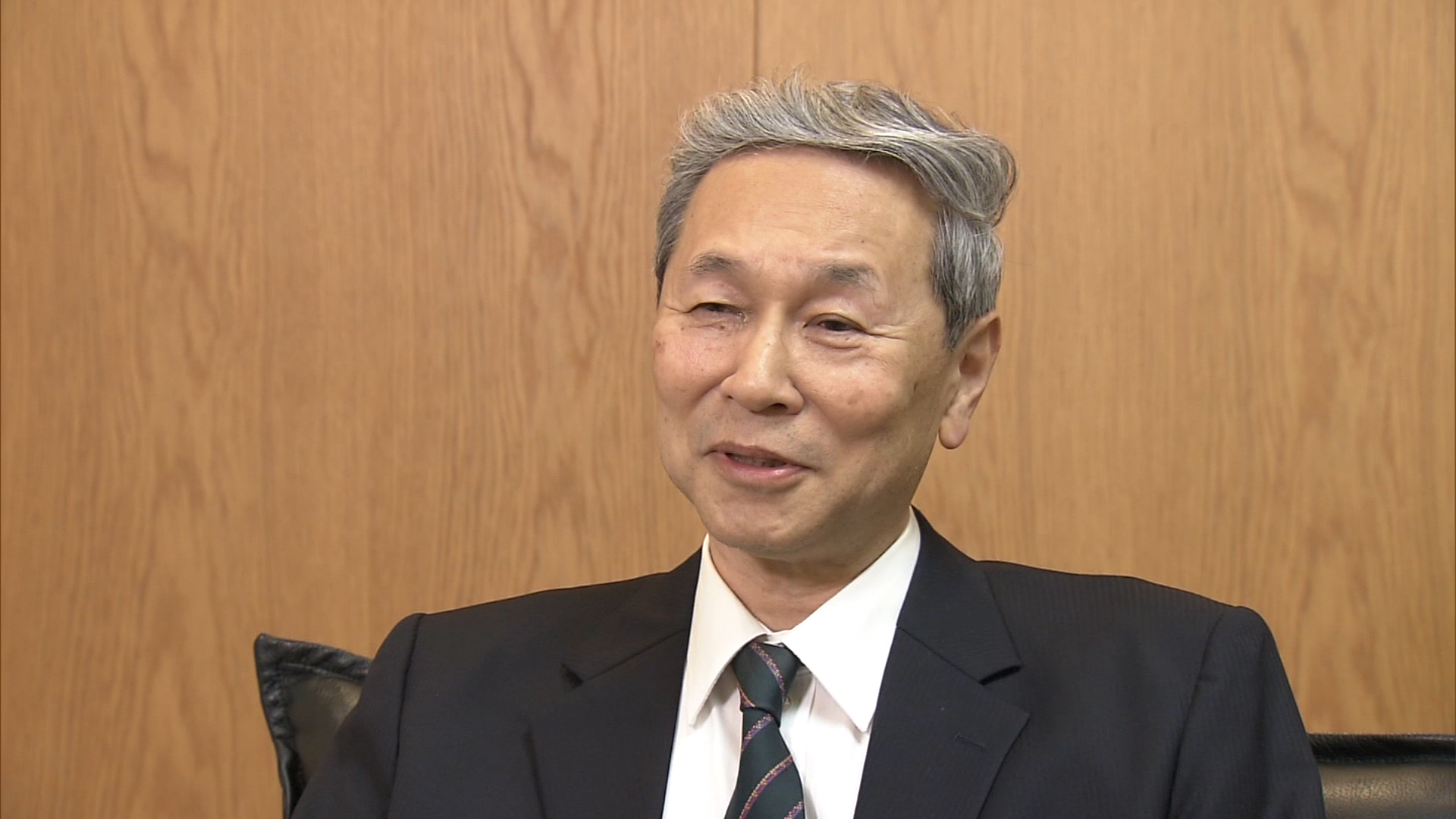When the government looked into records at the Tokyo University of Social Welfare it found the institution had no idea where many of its foreign enrollees were. A staggering 1,610 students had gone missing over the previous three fiscal years, and it raised questions about whether the admissions program was being abused.

The university was founded in the year 2000. Its website says it accepts many foreign students, with the aim of contributing to the international community.
It currently has about 5,000 people from overseas enrolled. The problem is: many of them never turn up.

Education Minister Masahiko Shibayama criticized the university, saying it has been far too lax with admissions and hasn't taken proper care of its students.
About 70 percent of those who have gone missing were enrolled in a preparatory program. That's a course designed for international students who hope to later enter the school as regular students. They study social welfare and learn Japanese for a year, and they get a student visa while they're enrolled.
But one student told us he knows people who joined the school just for the visa. They then drop out and take a job to save up money before going back home.
In the last academic year, the college couldn't account for 24 percent of people in the preparatory program.
Investigators also found that many students on the full degree course hadn't reached the required level of Japanese language proficiency.
The faculty numbers were problematic too. In fiscal 2015, there was one member of staff for every 43 students. Last year, there was one for every 100.
And when investigators entered the school, they found physical signs of indifference too. On one campus, the ladies' toilet was a makeshift cubicle inside a classroom. Women had to walk through the room to answer a call of nature.

The government announced it would no longer issue residency permits for the students in the preparatory program, and ordered the university to present a management improvement plan by the end of July.
The university issued a comment saying it takes the directive seriously.

Professor Shigeru Takaya of Nihon University, an expert on immigration issues, says the school accepted too many students, with no system in place to monitor or support them. He says they need to offer classes with value, and build a system that can't be abused.
And the Tokyo University of Social Welfare is not the only institute of higher education that has come under fire from the government for "losing" students. The question is: with officials pushing to increase enrolments, and foreigners willing to pay the fees, how do you persuade the universities to be stricter with admissions?

